1 April 2025
Wireless charging is pretty convenient, right? Just toss your phone onto a sleek little pad, and boom—no more fiddling with tangled cables or worrying about plugging it in the right way. It’s like living in the future! But with all these wireless signals bouncing around, some people are asking a pretty reasonable question: “Is wireless charging safe for my health?”
Let’s face it, our lives are becoming more wireless by the day, from Bluetooth headphones to Wi-Fi everything. And while we love the freedom, it's natural to wonder if these invisible energy waves could be quietly affecting our bodies. So, should you be concerned about wireless charging and its potential health risks? Well, let’s break it down!
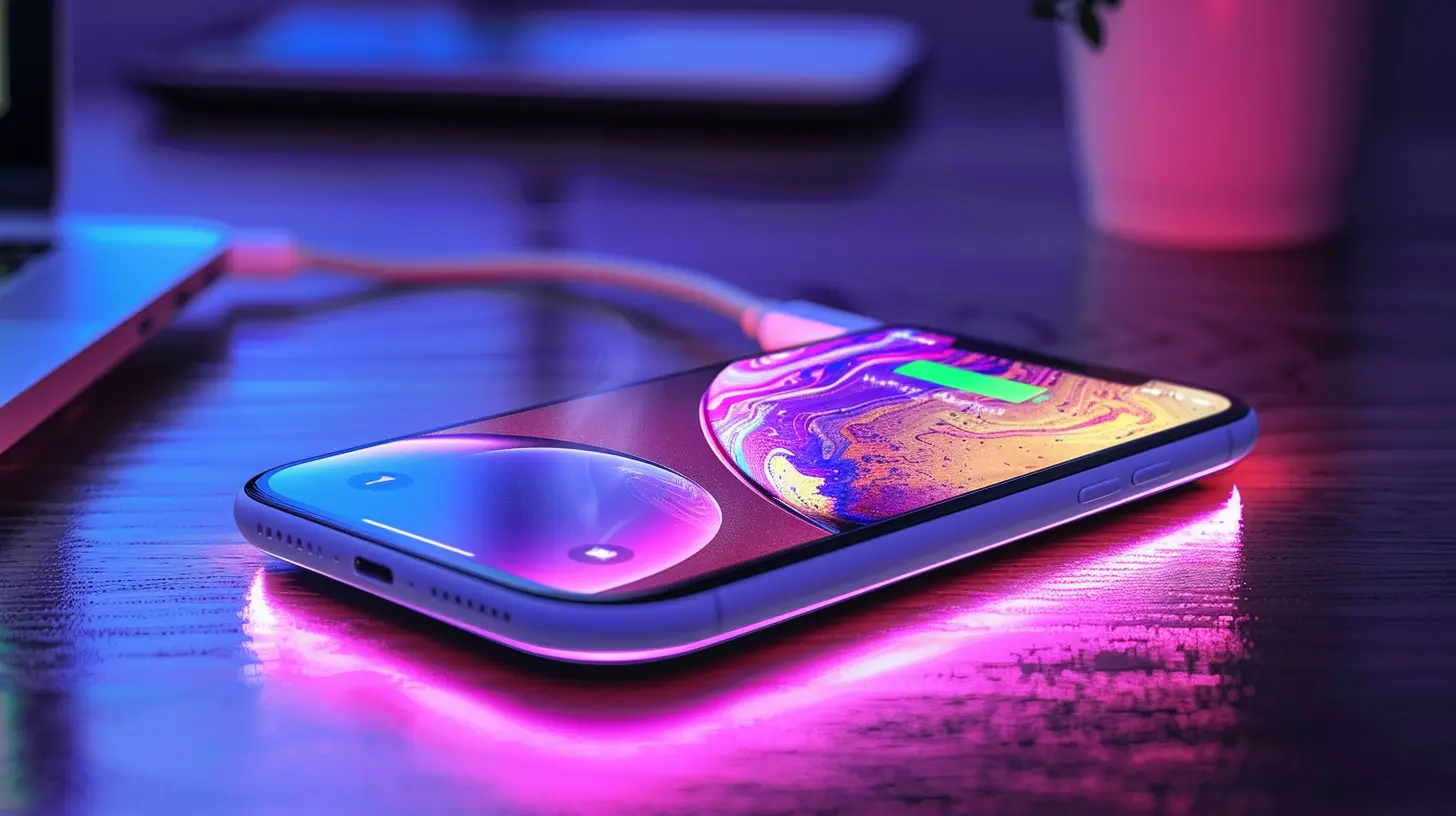
What Is Wireless Charging?
Before we dive into the health stuff, let's have a quick refresher on how wireless charging actually works. The most popular type of wireless charging is called inductive charging. It uses electromagnetic fields to transfer energy between two objects—your phone and the charging pad.Here’s how it works in a nutshell: The charging pad generates an electromagnetic field through a coil, and when you place your phone (which also has a coil) on top, the energy transfers wirelessly to power up the battery. Sounds like magic, right? But it’s just good ol’ science.
Types of Wireless Charging
There are a few different types of wireless charging out there, but the most common one is Qi Charging (pronounced “chee”). Qi is the standard used by most devices, including iPhones and many Android phones. Other forms like resonant charging allow a bit more distance between the charger and the device, but they’re less common in consumer tech at the moment.Alright, now that we know how wireless charging works, let's get to the heart of the matter.
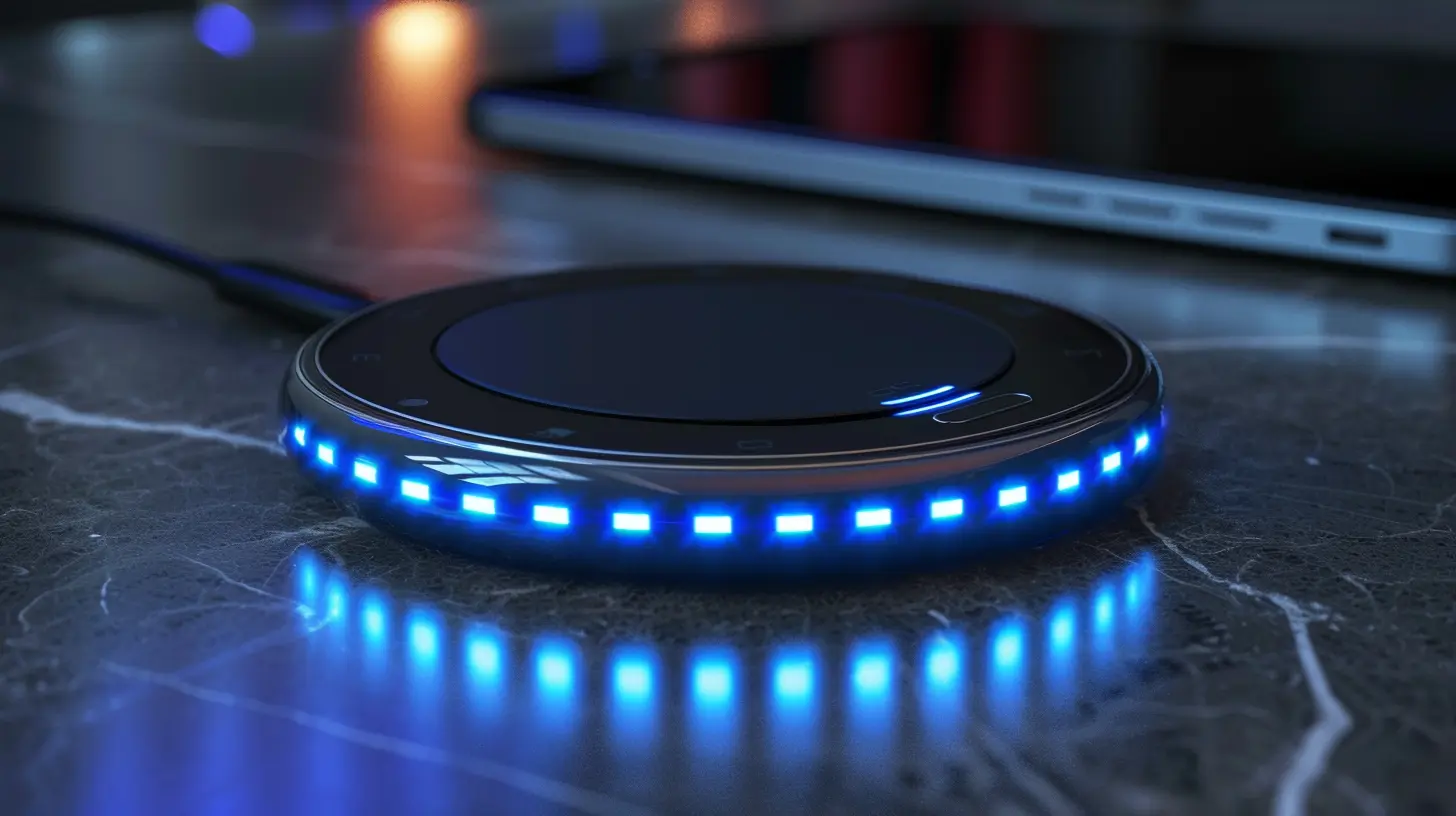
The Concerns Around Wireless Charging and Health
Here’s the thing: Whenever something uses electromagnetic fields—whether it's your Wi-Fi router, microwave, or even your TV remote—people get concerned about radiation. And that’s fair! We’ve all heard the word "radiation" thrown around in scary contexts, so it’s no surprise that wireless charging might make people a bit uneasy.Electromagnetic Radiation: The Big Scary Word
The term “radiation” often conjures up images of nuclear disasters or X-ray machines. But it’s important to understand that not all radiation is the same. There are two main types of radiation: ionizing and non-ionizing.- Ionizing radiation is the dangerous stuff that can damage your DNA (think X-rays, UV rays, and gamma rays).
- Non-ionizing radiation, on the other hand, doesn’t have enough energy to mess with your cells. It includes things like radio waves, microwaves, and—you guessed it—electromagnetic fields used in wireless charging.
So, here’s some good news right off the bat: Wireless charging uses non-ionizing radiation, which is generally considered safe for humans because it doesn’t damage your DNA.
Do Wireless Chargers Emit Harmful Radiation?
Now, just because wireless chargers use non-ionizing radiation doesn’t mean we should dismiss any potential risks. After all, we’re still exposing ourselves to electromagnetic fields (EMFs). But how much radiation are we really talking about?The electromagnetic field produced by a wireless charger is pretty weak. In fact, the intensity of the EMF drops significantly after just a few millimeters from the charger. This means that the radiation exposure is minimal, especially when compared to other everyday devices like your smartphone, which constantly communicates with cell towers.
To put it into perspective: If you’re worried about the radiation from wireless charging, you should probably be more concerned about the radiation coming from your phone when it’s searching for a signal.
What Does Science Say?
Luckily, this isn’t some wild west of uncharted territory. There has been scientific research on the health effects of electromagnetic fields for decades, and the consensus so far is pretty reassuring. According to the World Health Organization (WHO) and many other health bodies, low-level EMF exposure (like the kind from wireless charging) hasn’t been proven to cause any significant health issues.However, it’s worth noting that long-term studies are still ongoing. While there’s no solid evidence to suggest wireless charging is harmful, it’s always good to stay informed as new research emerges.
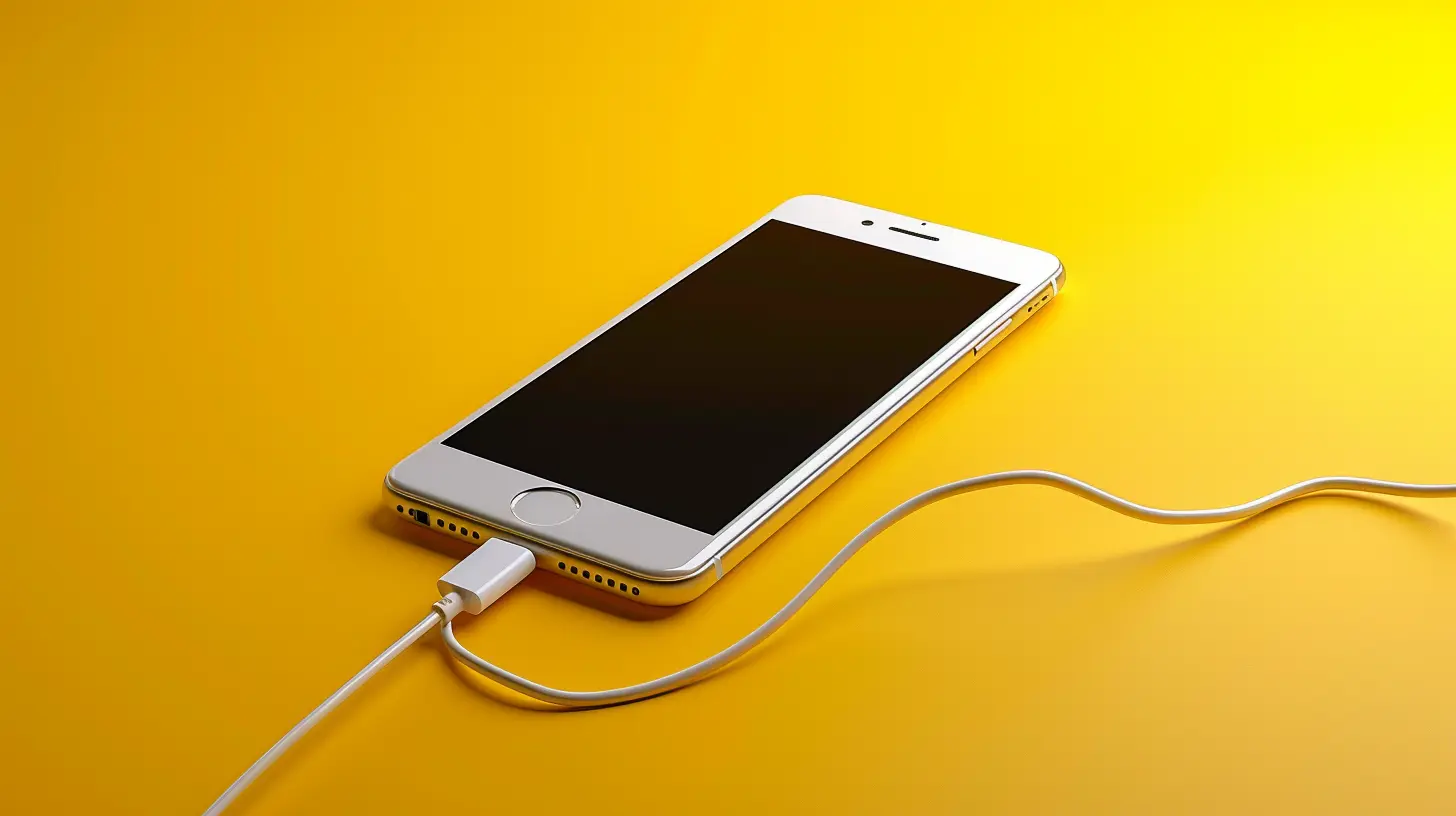
Wireless Charging and Temperature: Another Concern?
If you’ve ever picked up your phone after wireless charging, you’ve probably noticed that it gets a bit warm. This leads some people to worry: Does the heat from wireless charging damage the phone or, worse, affect my health?Why Does Wireless Charging Make Devices Heat Up?
When energy transfers wirelessly, it’s not 100% efficient. Some of that energy turns into heat, which is why your phone might feel warmer after it’s been sitting on the pad for a while. But the heat generated by wireless charging is usually mild and shouldn’t reach harmful levels.Health Implications of Heat
As far as your health is concerned, the heat from wireless charging is not something to worry about. The temperatures involved are nowhere near high enough to cause burns or any kind of internal damage. Plus, most phones have built-in safety protocols that stop charging if they get too hot, so they’re unlikely to overheat to dangerous levels.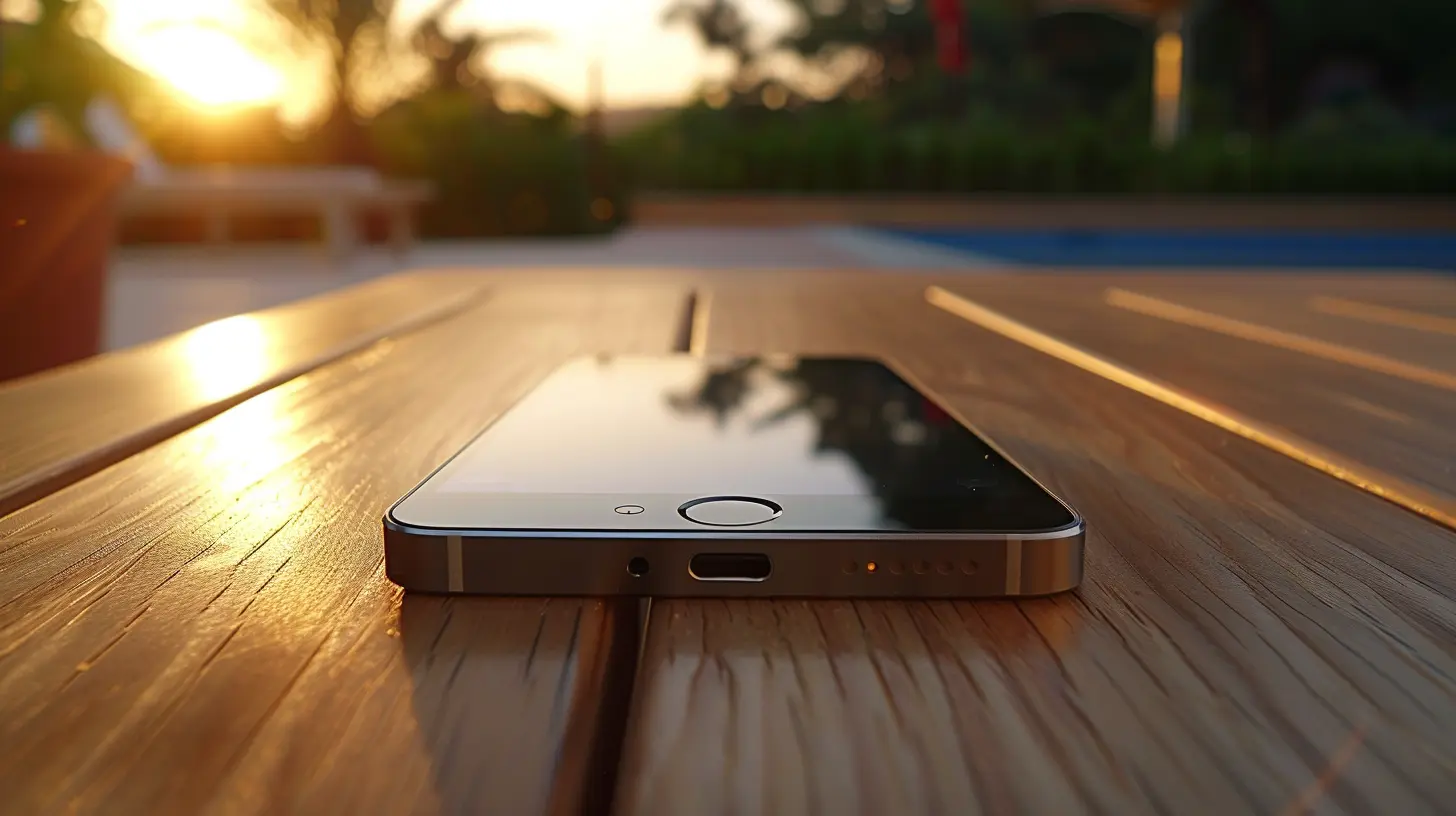
Wireless Charging vs. Wired Charging: Is One Safer?
If you’re still skeptical about wireless charging, you might be wondering: "Should I just stick to wired charging instead?" In terms of health, there’s no significant difference between wired and wireless charging. Both methods are safe, and they both involve exposure to minimal levels of electromagnetic radiation.However, wireless charging does have some practical downsides compared to wired charging. For one, it’s generally slower, and as we just mentioned, it tends to generate a bit more heat. So, while wireless charging is perfectly safe, wired charging might still be the more efficient option in some cases.
Are There Any Special Cases to Be Aware Of?
Okay, so we’ve established that wireless charging is safe for most people. But are there any specific scenarios where you should be more cautious?Pacemakers and Medical Devices
If you have a pacemaker or another implanted medical device, it's worth checking with your doctor about using wireless chargers. Some studies suggest that the electromagnetic fields from wireless chargers could potentially interfere with certain medical devices, especially if the device is directly over the charger.That said, most modern pacemakers and medical devices are designed to withstand interference from common EMF sources. But it’s better to be safe than sorry, right?
Prolonged Exposure
Another concern that some people have is whether prolonged exposure to wireless charging could have cumulative health effects. While there’s no evidence to suggest this is the case, it’s always a good idea to use technology in moderation. If you’re still concerned, you can limit your use of wireless charging and opt for wired charging when possible.Should You Be Concerned About Wireless Charging?
So, should you be concerned about wireless charging and its potential impact on your health? The short answer is: probably not.The radiation emitted by wireless chargers is minimal, especially when compared to other devices we use daily, like smartphones or Wi-Fi routers. Plus, the type of radiation involved (non-ionizing) is generally considered safe for humans. While it’s always good to stay updated on new research, there’s currently no solid evidence to suggest that wireless charging poses any significant health risks.
Of course, if you have a medical device like a pacemaker, it’s best to consult your doctor before using wireless chargers. But for the vast majority of people, the convenience of wireless charging far outweighs any potential risks.
Conclusion
Wireless charging has become a staple in modern tech, offering a more convenient way to power up your devices. While concerns about radiation and heat are understandable, current scientific research suggests that wireless charging is safe for most people. The radiation emitted by wireless chargers is minimal, and there’s no significant evidence linking them to health risks.So, go ahead and enjoy the convenience of wireless charging without worrying too much about the invisible waves around you. Just remember to stay informed as new studies come out, and, as always, keep your tech use balanced.

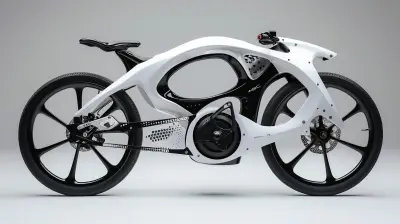

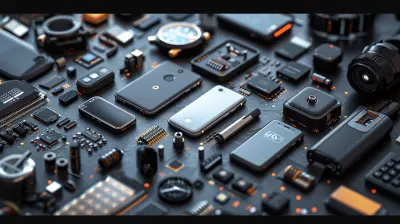



Sable Whitley
It's natural to have concerns about new technology and its impact on health. Staying informed and taking necessary precautions can help ease anxiety. Remember, balance and moderation are key in all aspects.
April 22, 2025 at 10:54 AM